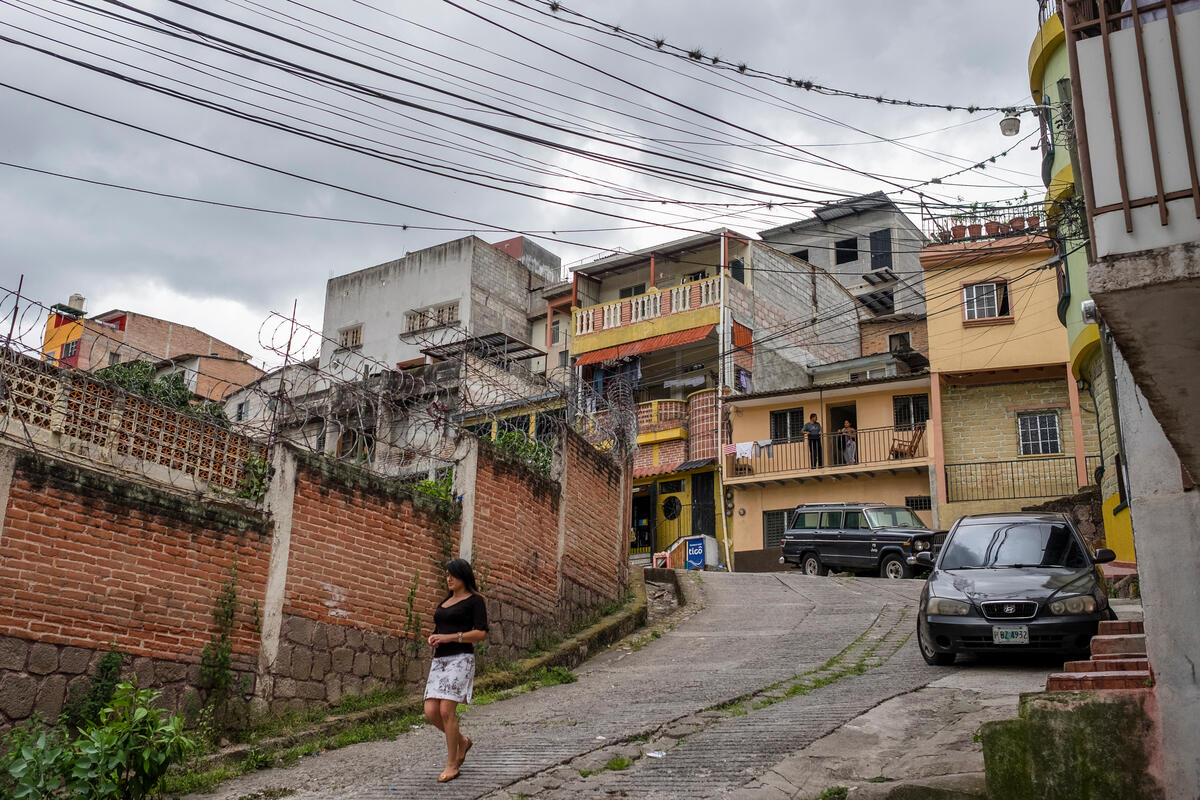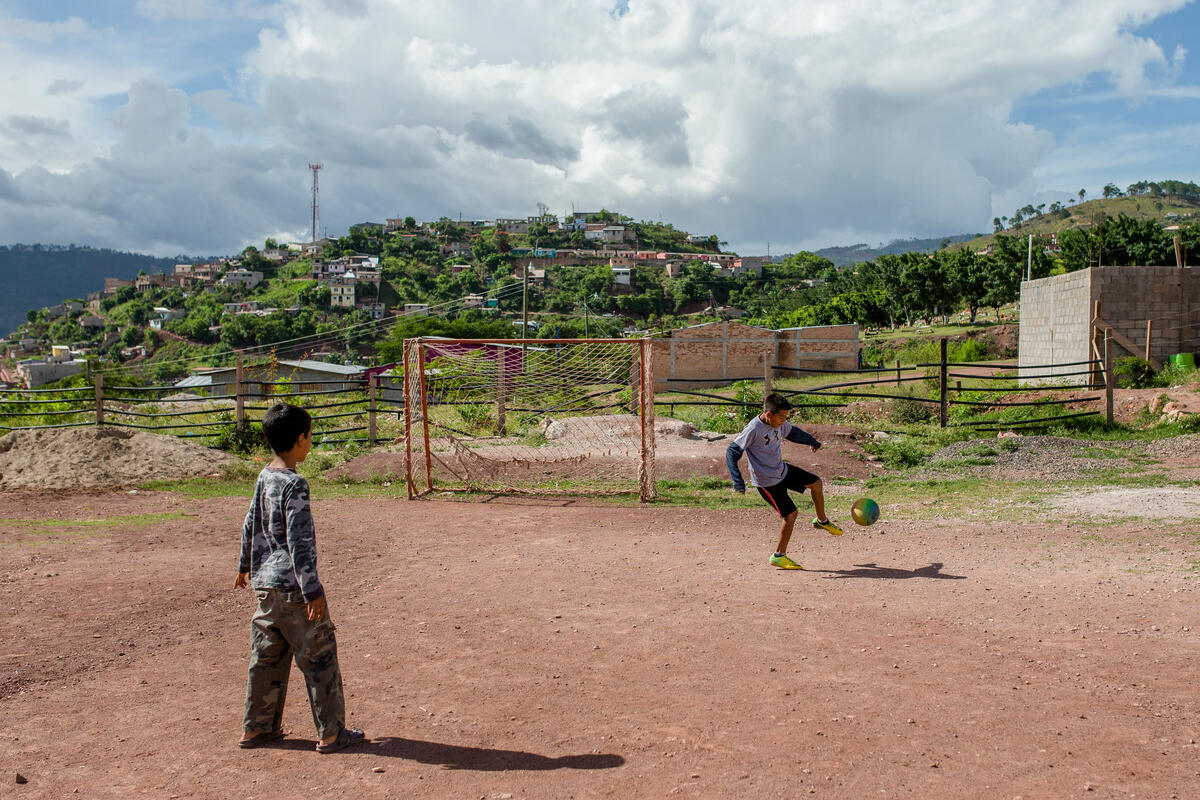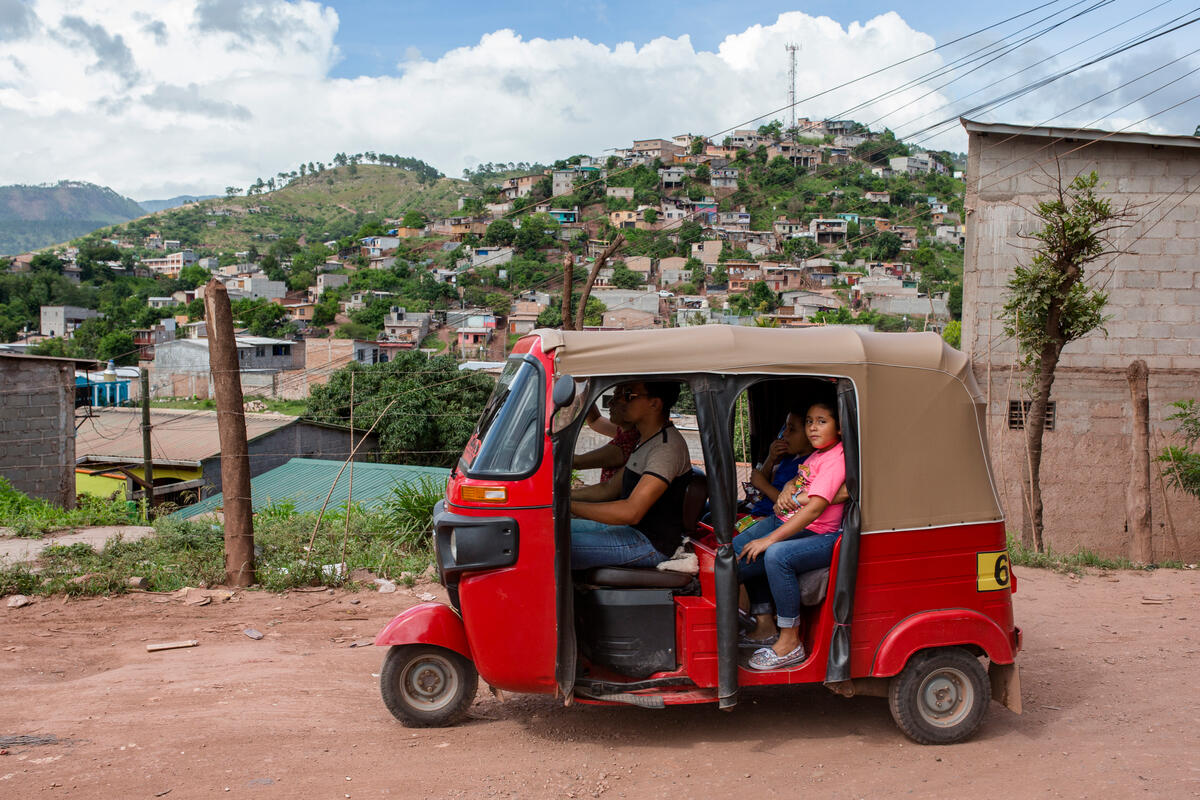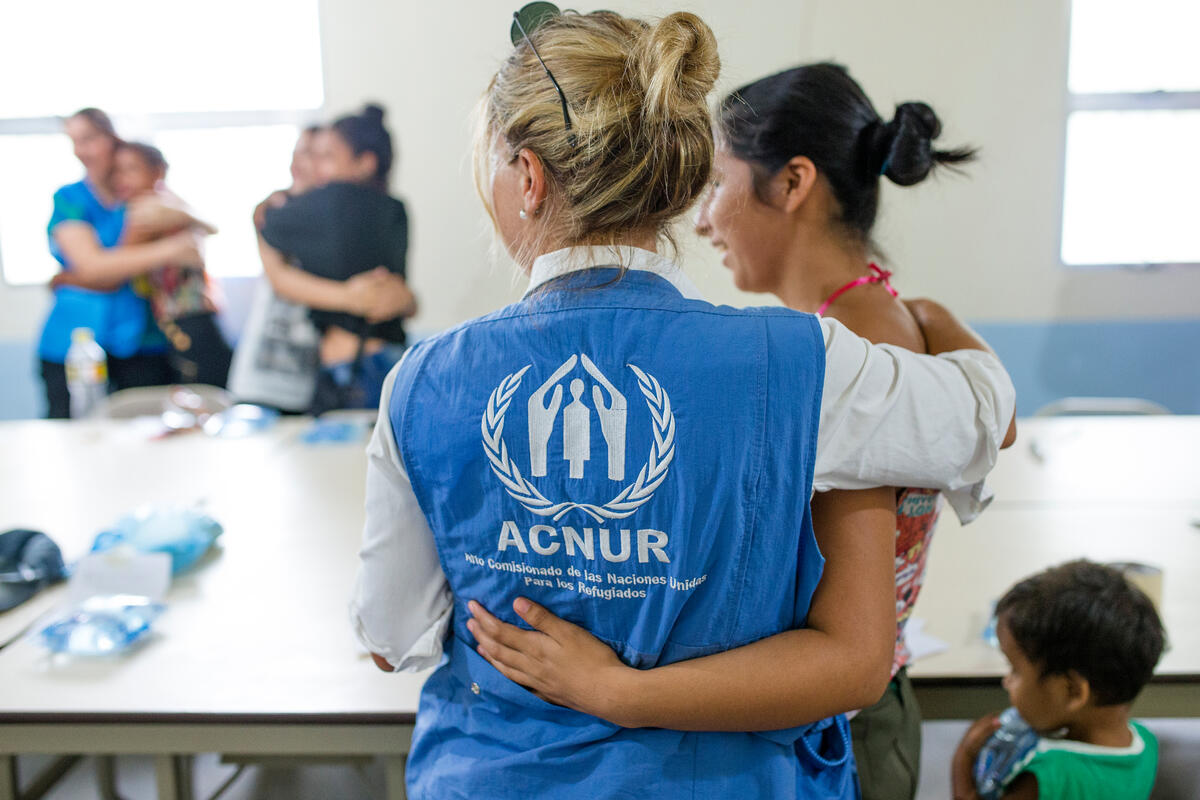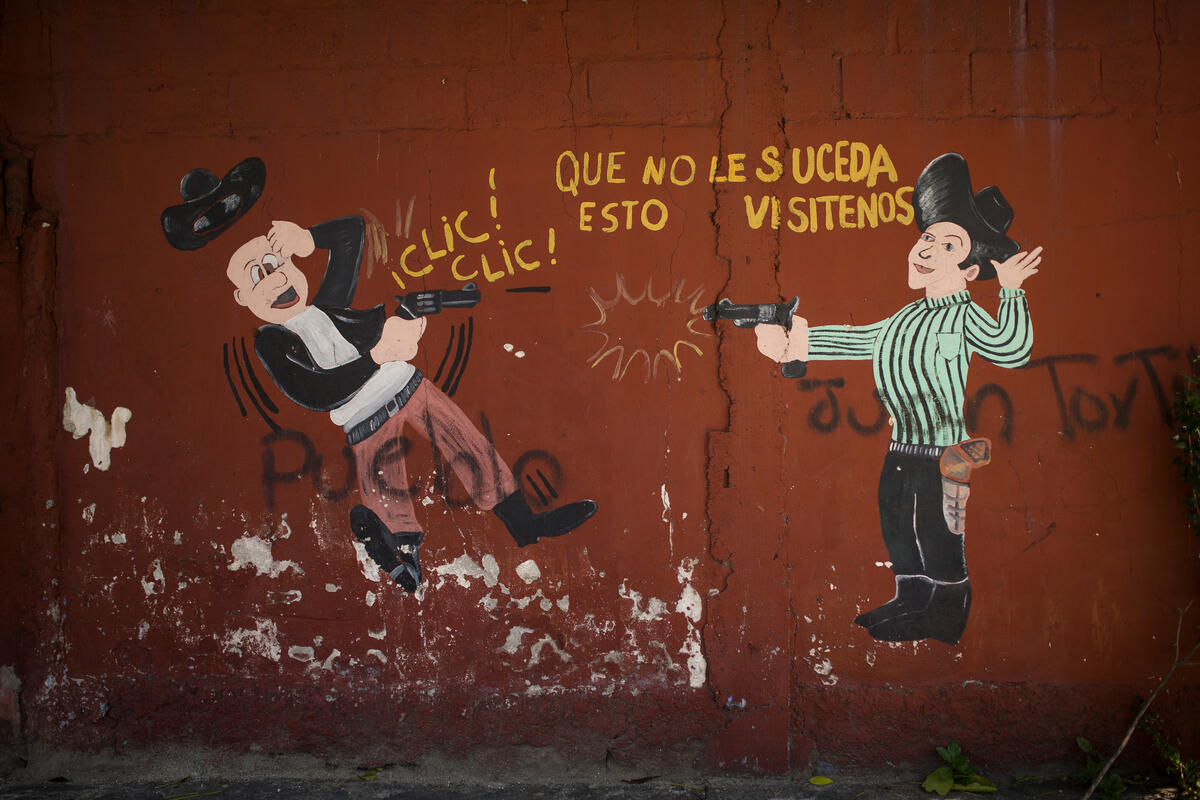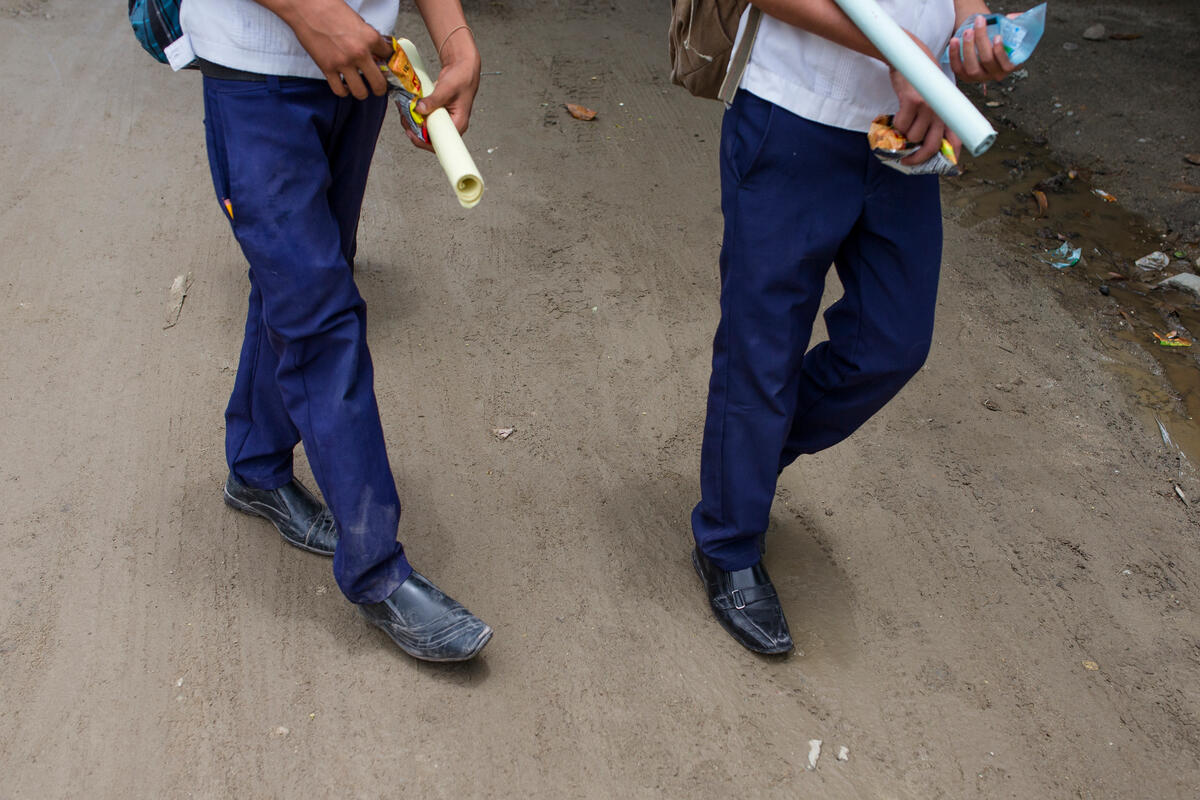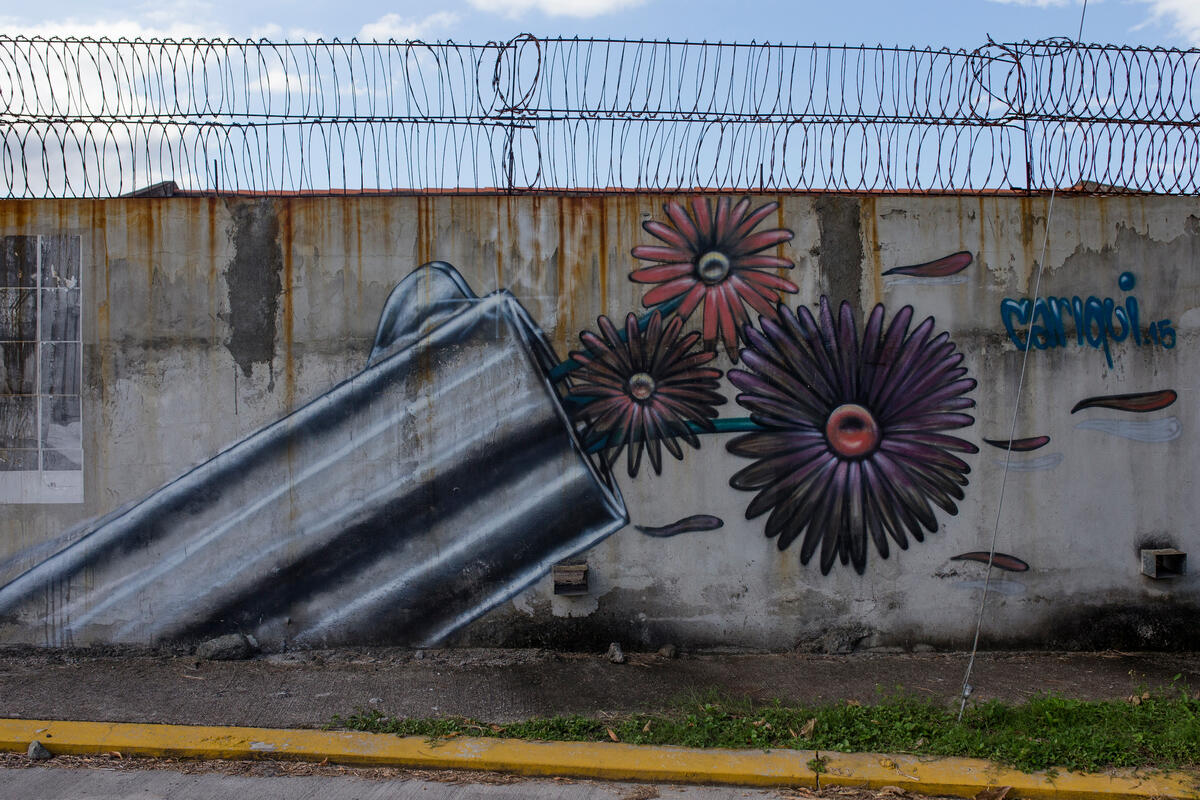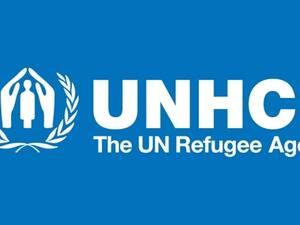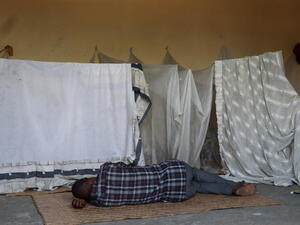Gang threat drives growing displacement inside Honduras

Gang threat drives growing displacement inside Honduras
Yessenia* rounded the corner one afternoon in March when she saw a group of four young men beating another. They saw her too. “It’s the teacher!” she remembers one yelling before they scattered.
The boy they left behind was so badly beaten that at first Yessenia did not recognize him as one of her students at the grade school where she taught in Tegucigalpa, the Honduran capital.
“If I hadn’t showed up they would have killed him,” she says.
But any consolation from knowing she might have saved the boy’s life would be short lived. Two days later, she saw another group of young men she did not recognize near the school where she worked. Unable to avoid them on the street, she said, “Good morning," and kept her eyes down.
Later that night she heard the suspected members of a street gang or “mara” - who commit crimes ranging from extortion to robbery and murder - had tried to kidnap a 21-year-old man before police arrived to rescue their would-be victim.
Everyone has a story about a family whose home has been burned down or a son recruited by the gangs.
The gangs frequently murder witnesses to their crimes. Yessenia had witnessed two crimes in as many days and knew she would be pegged as a police informer if charges were ever filed.
Racked with fear and anxiety, she stopped eating and sleeping and developed high blood pressure. She put in for a transfer and fled the school where she had taught for 12 years without telling anyone the real reason.
The 56-year-old is now one of tens of thousands of Hondurans who have become displaced within the borders of their Central American homeland by raging gang violence. A government report released last year estimated that 174,000 people were displaced internally in the decade to 2014. A growing number have also sought asylum abroad.
While she was still at the school Yessenia received frantic phone calls from parents of students desperate to get their children transferred to schools outside the crime-wracked neighbourhood. She says 60 students left the school between March and May, nearly half of those registered for classes. The school's director also fled.
Families in San Pedro Sula, the country’s second-largest city which in 2014 recorded the highest homicide rate in the world, live with the same fears. Residents of the city’s crime-blighted Rivera Hernández neighbourhood said many neighbours were abandoning their homes for the United States and Mexico.
Speaking with community members there, nearly everyone had a story about a family whose home had been burned down, a son who was recruited by the gangs, a relative who had been killed or fled.
San Pedro Sula, Honduras' second-largest city, recorded the highest homicide rate in the world in 2014.
“They were leaving in droves,” says Dolores,* the principal of a school there. These days, she says they lose about ten students a year who have to give up school because of threats or violence from the maras.
One of those students is María*. The 16-year-old loved going to school but says she had to give up her dream of studying finance when a local gangster wanted her as his girlfriend.
"I knew that if I went with him and things went bad, it would be very bad for me,” she says. There are seven different gangs vying for control of Rivera Hernández. In a place where gangs battle for territory block by block to extort businesses, association with a mara could be a death sentence if she walked down the wrong street.
María tried to rebuff the gang member’s advances, but he was persistent. He waited for her outside the school. He followed her. Afraid she might end up forced into a relationship with him or raped, María did the only thing she could to avoid him: she stopped going to school.
UNHCR’s representative in Honduras, Andrés Celis, says the kind of violence displacing, or otherwise disrupting, the lives of people like Yessenia and María is a challenge for the government to address. There are mechanisms for someone to seek protection from the state but each case is handled on an ad hoc basis.
For that reason, UN Special Rapporteur on Internally Displaced Persons Chaloka Beyani recommended Honduras take steps to create a system that clearly outlines the government’s response for someone fleeing violence, including a safe way to declare themselves displaced, and providing shelter and relocation.
But before such a system could be successful, the government must work to re-establish trust between the police and communities. The same fear that drives people from their homes keeps them from seeking help, believing that any visibility could threaten their life. This is especially true when the displaced see the police and other government authorities as complicit with the maras.
The same fear that drives people from their homes keeps them from seeking help.
So far, Honduras is the only country in Central America to give formal recognition of the forced displacement of its citizens by gang violence. It has pledged to draft legislation by the end of this year to formalize mechanisms to provide protection to those fleeing violence. In the meantime, however, the state faces gaps in its ability to provide basic protection and resources to those in need.
The UN Refugee Agency is responding with steps including the provision of technical assistance to Government and local authorities to develop and implement national legal frameworks and public policies for the protection of people displaced by violence. Other steps include monitoring high-risk areas of internal displacement, as well as working to improve reception conditions.
"We can’t wait for the situation to continue intensifying,” Celis says. “The government of Honduras called UNHCR and acknowledged there is a problem with forced displacement here. When they call, we have to answer."
*Names have been changed for protection reasons.

